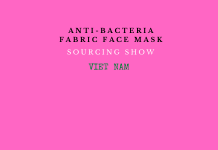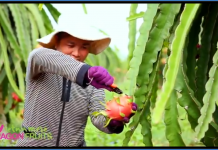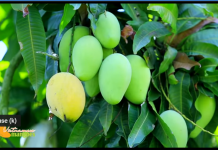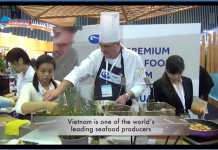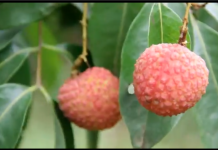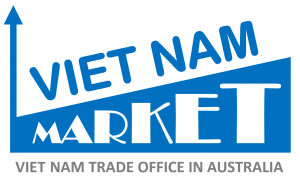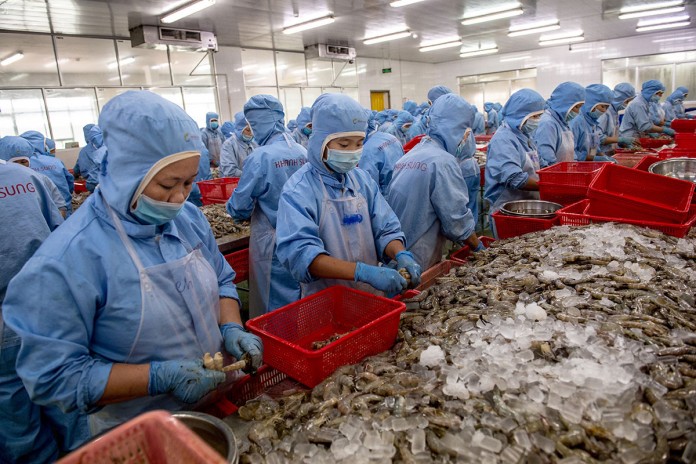
Australia will review its import risk assessment for uncooked prawns from all countries as well as relax a temporary ban on some prawns products in a move that has heightened speculation about ‘systemic failures’ in the existing inspection regime.
A panel of scientific experts from the Federal Department of Agriculture and Water Resources will assess all available science and examine the biosecurity regime as it applies offshore, at the border and post inspection.
Assistant secretary of animal biosecurity Andrew Cupit said the import risk assessment was a ‘separate process’ to changes to a temporary import ban introduced in January after Australia’s first white spot disease (WSD) outbreak was detected in south-east Queensland.
At the time, ABC Rural obtained results which showed up to 70 per cent of the prawns being imported tested positive to white spot disease.
The disease had already wiped out the industry on the Logan River, south of Brisbane, and the prawn farming industry has been outspoken in its belief imported product from Asia was its source.
But Mr Cupit said a number of ‘plausible’ pathways were still being investigated, including prawns imports and use of brood stock, feed and genetics on prawn farms.
“I think it’s a shared responsibility for industry and governments obviously and we have to work together to try to improve things in a number of areas.”
“Certainly we are a lot more confident that the things we’ve put in place are managing that risk appropriately,” Mr Cupit told the Queensland Country Hour.
Deliberate non-compliance by some importers had been deal with in the courts and through enhanced inspection procedures and import ban conditions were being changed where risk could be managed appropriately.
In the case of marinated uncooked prawns, it would require certification based on internationally-accepted standards to confirm freedom from white spot syndrome virus (WSSV) and yellow head virus (YHV), as well as through on-arrival testing.
“We’ve been looking at everything from dried prawns to some products that can even potentially be irradiated for non-human use.
“We’ve been slowly looking at those where the science allows us and where we can put additional measures in place so we have been doing a number of variations to that suspension which has allowed some trade to occur.




